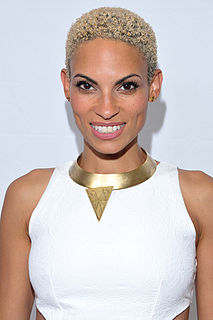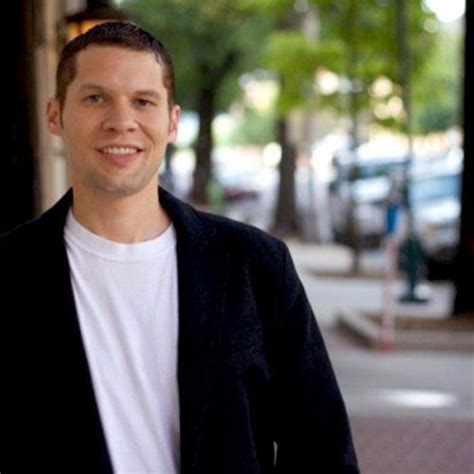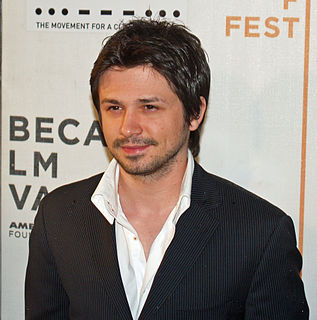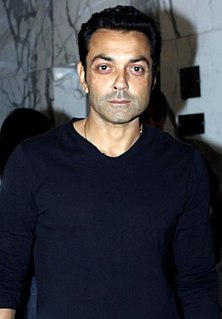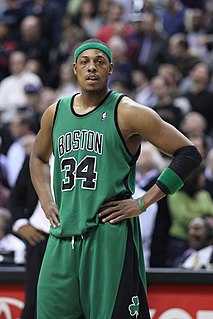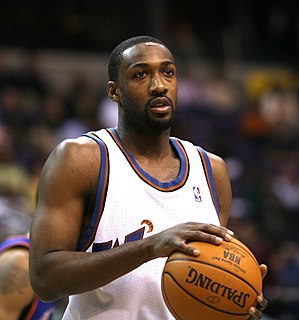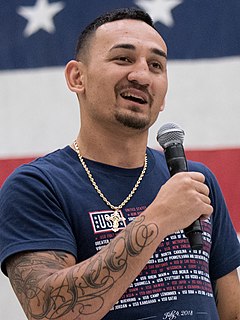A Quote by Goapele
I want to create a different kind of legacy.
Related Quotes
There has been an intention since day one that it's as important to us that we build profits as much as we build a wonderful culture and a lasting legacy of a great company. We've created this inclusive environment that's very thoughtful in terms of how we can create allyship, how we create mentorship, and what kind of voices are heard.
Being a creative person is a really personal process so there is no one-size-fits-all advice, that's kind of the first thing I'd say. Because everybody's goals are different. Everybody's talents are different. Some women that I'm talking to want to create a television show. Some women want to be a director. They want to use comedy in different ways, and I find that really fascinating. The main thing I would say is, start! Just do it. Keep going. When people come at you with the negativity and the nos, you've got to ignore it. Push through.
What we need to do together is to put in place the kind of - foster the kind of environment where businesses of all sizes - small, medium or large - want to invest, want to do the innovative things that our businesses here in America are known for doing, want to grow our economy and want to create the kind of jobs that will bring - reduce that unemployment rate.
